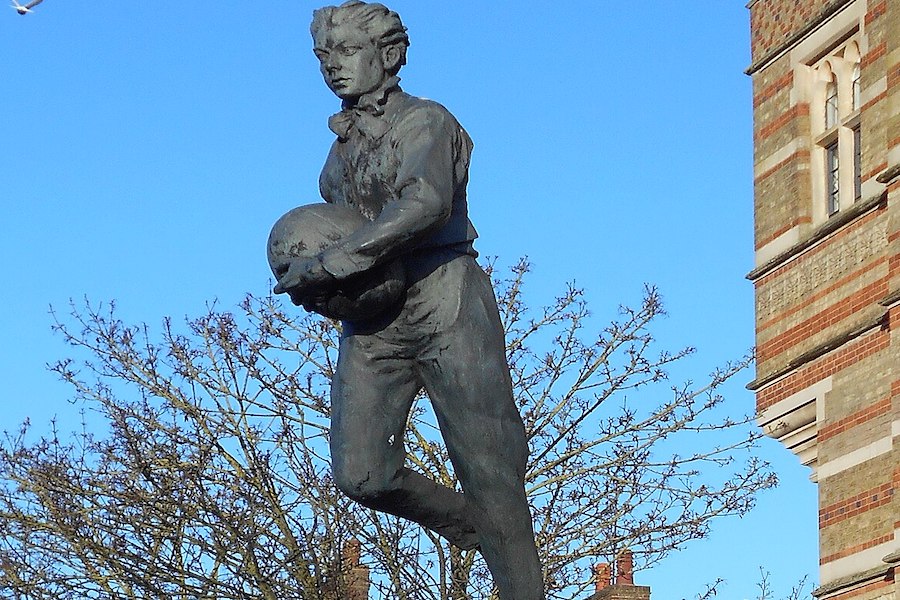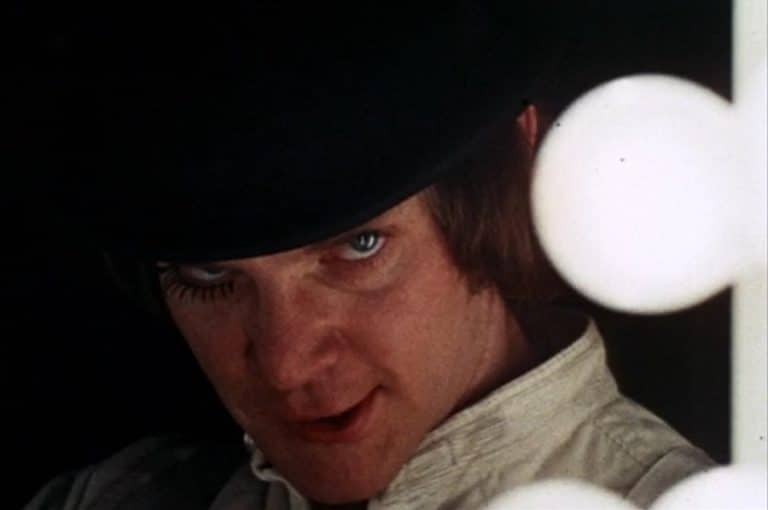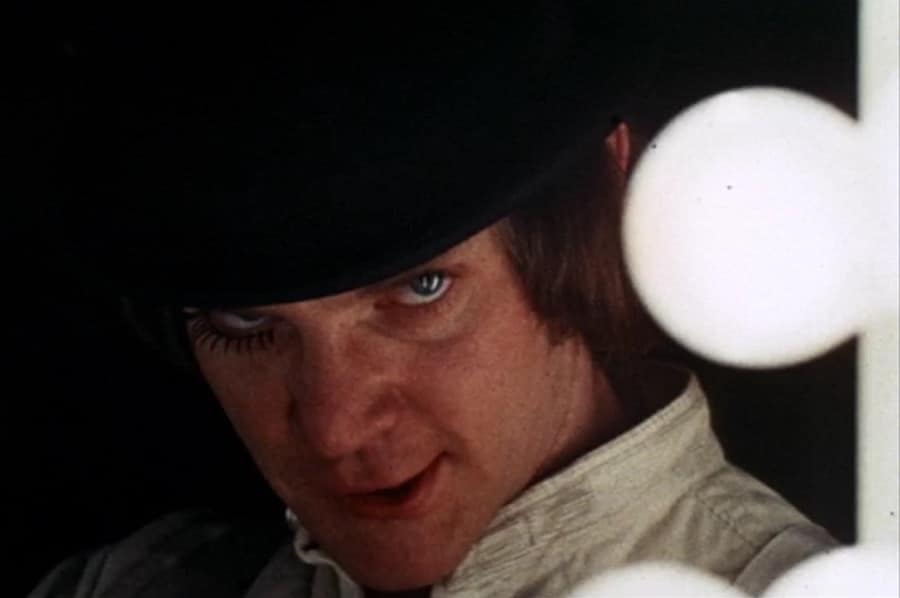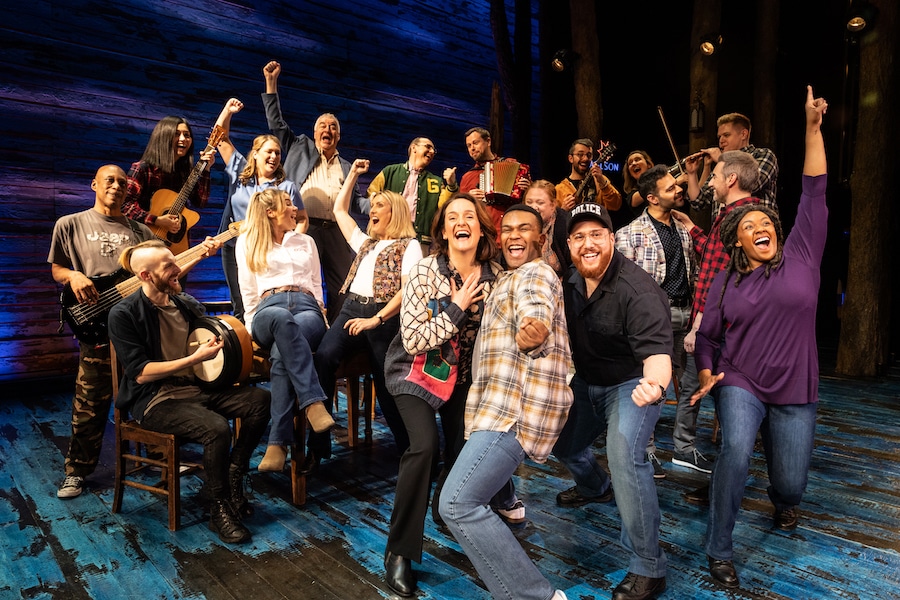Did a young man from Salford invent rugby?
- Written by Thom Bamford
- Last updated 1 year ago
- City of Salford, Cornerstone, History, Sport

The sport’s roots are often attributed to William Webb Ellis, a Salford-born clergyman who, as the legend goes, picked up a ball and ran with it during a game of football at Rugby School in 1823.
But was Webb Ellis truly the inventor of rugby, or is this story a carefully crafted myth?
As the Rugby Union World Cup winds down after South Africa’s win last weekend, let’s dive into the history that connects Salford to the origins of rugby.
William Webb Ellis: The Salford Connection
William Webb Ellis was born on November 24, 1806, in Salford.
He was the youngest of three sons, and his early life in Salford set the stage for his connection to the sport of rugby.
His father, James Ellis, served as a second lieutenant, but tragedy struck when he lost his life during a cavalry action near Albuera in the Peninsular War on July 1, 1812.
In recognition of her husband’s service, Mrs. Ellis received an allowance of £30 from the sovereign.
This allowance would play a crucial role in shaping William Webb Ellis’s future.
To provide her surviving sons with a quality education, Mrs Ellis decided to move to Rugby, Warwickshire.
Students living within 10 miles of the Rugby Clock Tower were eligible for free education as “local foundationers.”
The Ellis family relocated to Rugby, and William Webb Ellis embarked on a journey that would become intertwined with the history of rugby.
Rugby School and the Alleged Invention

William Webb Ellis attended Rugby School from 1816 to 1825. He was known as a keen sportsman, participating in football and cricket.
His legend, however, revolves around an incident that allegedly occurred during a football match in 1823.
According to the tale, Webb Ellis caught the ball in his arms, a move that was against the rules of the time.
Instead of retreating, as the rules dictated, he ran forward with the ball.
This supposed act laid the foundation for the distinct style of play that characterizes rugby football.
The story of Webb Ellis’s invention of rugby is primarily based on the accounts of Matthew Bloxam, a local antiquarian and former pupil of Rugby School.
Bloxam’s first mention of the story in a letter to The Meteor, the Rugby School magazine, came in 1876.
In subsequent letters, Bloxam amended the year of the event.
This inconsistency, coupled with the lack of first-hand evidence, has fueled doubt about the story’s authenticity.
The Controversy and the Old Rugbeian Society
The controversy surrounding Webb Ellis’s role in rugby’s invention intensified in 1895, a month before the great North-South Rugby Union split.
The split led to the birth of Rugby Union and Rugby League, and the question of rugby’s origins became a matter of contention.
The Old Rugbeian Society conducted an investigation into Webb Ellis’s story but was unable to procure any first-hand evidence of the occurrence.
Some former pupils who attended Rugby School with Webb Ellis testified that he was known for taking “unfair advantage at football.”
However, doubts about the story persisted, and it became a subject of debate among scholars and rugby enthusiasts.
Alternative Theories
The story of Webb Ellis’s invention of rugby is just one piece of the puzzle. Some alternative theories suggest that other individuals or earlier instances of ball-carrying in various forms of the game may have contributed to the sport’s development.
One theory links Webb Ellis’s actions to an ancient Irish game called Caid, which had similarities to rugby. Another theory credits a Rugby School pupil named Jem Mackie, who was known for his running abilities.
The origins of rugby are mired in legend and debate, and the story of William Webb Ellis and his connection to Salford adds a fascinating layer to the narrative.
While the authenticity of the legend remains uncertain, it’s clear that Webb Ellis’s association with Salford and his journey from the streets of Lancashire to Rugby School is a remarkable part of rugby’s heritage.
As the Rugby Union World Cup comes to an end, the William Webb Ellis Cup remains a symbol of the sport’s rich history and the enduring mystery of its origins.
- This article was last updated 1 year ago.
- It was first published on 31 October 2023 and is subject to be updated from time to time. Please refresh or return to see the latest version.
Did we miss something? Let us know: [email protected]
Want to be the first to receive all the latest news stories, what’s on and events from the heart of Manchester? Sign up here.
Manchester is a successful city, but many people suffer. I Love Manchester helps raise awareness and funds to help improve the lives and prospects of people across Greater Manchester – and we can’t do it without your help. So please support us with what you can so we can continue to spread the love. Thank you in advance!
An email you’ll love. Subscribe to our newsletter to get the latest news stories delivered direct to your inbox.
Got a story worth sharing?
What’s the story? We are all ears when it comes to positive news and inspiring stories. You can send story ideas to [email protected]
While we can’t guarantee to publish everything, we will always consider any enquiry or idea that promotes:
- Independent new openings
- Human interest
- Not-for-profit organisations
- Community Interest Companies (CiCs) and projects
- Charities and charitable initiatives
- Affordability and offers saving people over 20%
For anything else, don’t hesitate to get in touch with us about advertorials (from £350+VAT) and advertising opportunities: [email protected]

LOWRY’s Quays Theatre gets a plush new look thanks to award

What is the legacy of Manchester’s most controversial (and maybe best) novel?

Big Issue, bigger heart: Manchester comes together for Colin


















